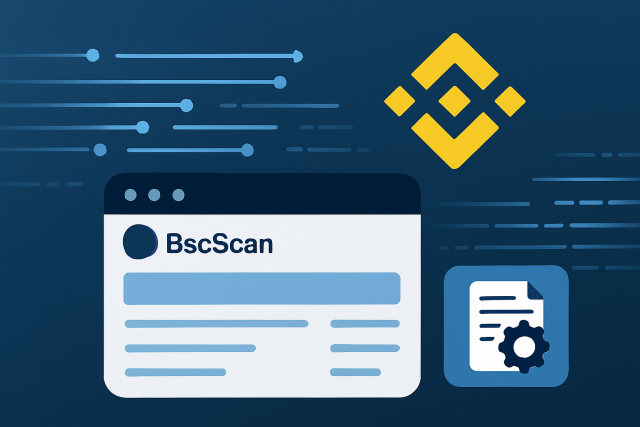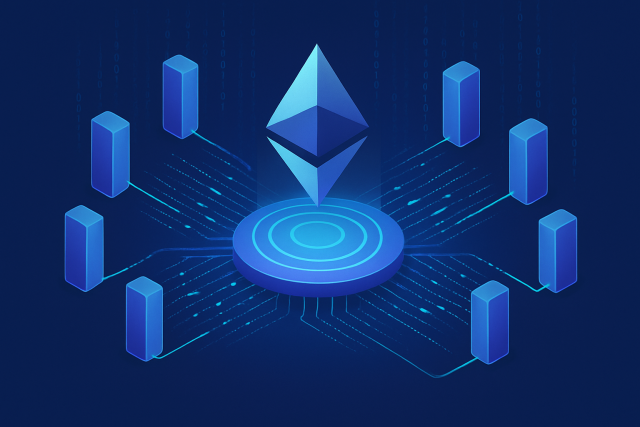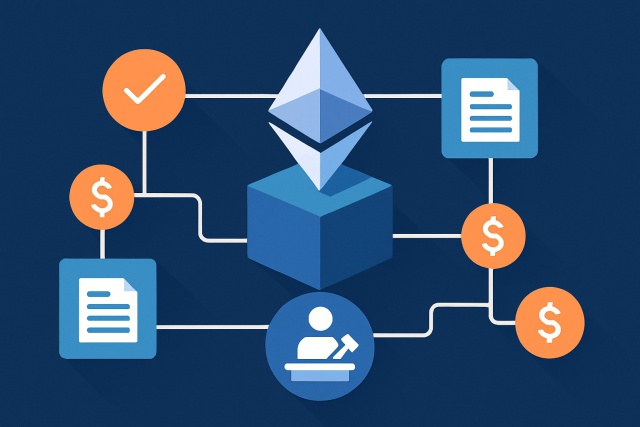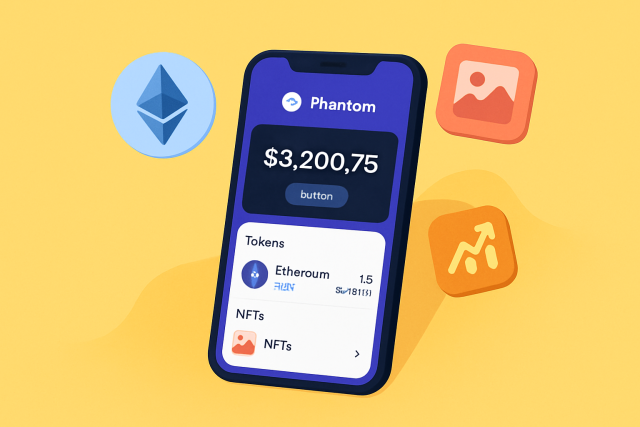Ethereum Gas Fees Tips to Avoid Overpaying on Transactions

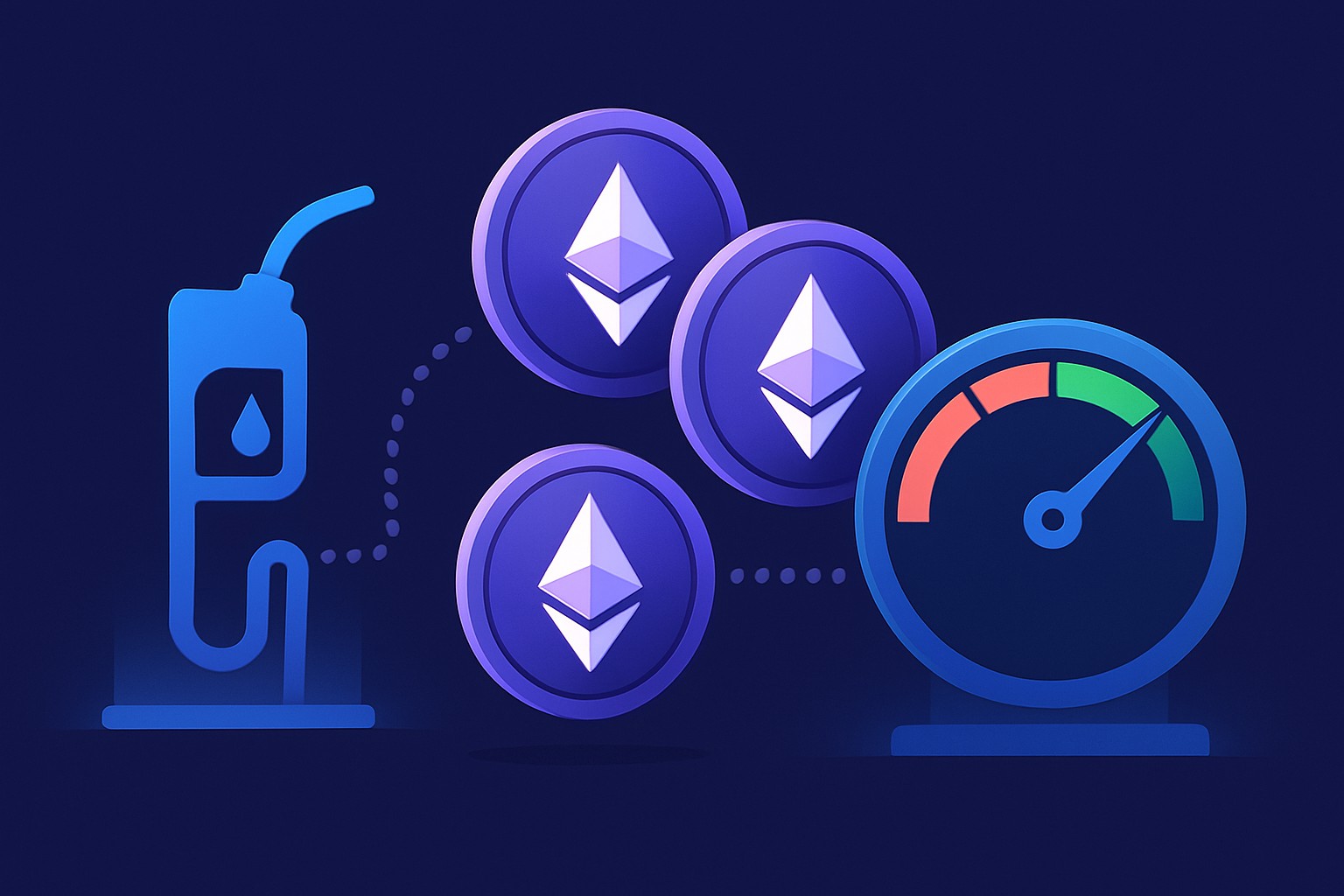
Ethereum gas fees are a major factor in figuring out the cost of each transaction on the network. If you know a few tricks to lower these fees, you could save yourself a decent chunk of ETH while still keeping your transactions humming along nicely. We’ll dive into some advanced tips and share insider insights to help you navigate the sometimes tricky world of Ethereum gas fees.
Understanding Ethereum Gas Fees and How They Work Without Getting Lost in the Jargon
Gas fees on Ethereum are the charges you pay to get things done on the blockchain. They’re calculated by multiplying the gas limit that shows how much computational work is needed by the gas price, the cost per unit measured in Gwei.
Understanding EIP-1559 and How the Base Fee Works A Friendly Guide
Ethereum's EIP-1559 upgrade shook up the way transaction fees are handled by introducing a base fee that adjusts depending on how busy the network gets, alongside priority fees that miners appreciate. The neat trick here is that the base fee gets burned, effectively trimming down the ETH supply over time. On top of that, users now have an easier time guessing what their costs will be.
Key Tips to Help You Dodge Overpaying Those Pesky Ethereum Gas Fees
Cutting down your Ethereum gas fees takes more than just a bit of basic know-how. When you lean on smart strategies that keep an eye on network behavior and the latest protocol updates, you can genuinely trim those costs and make transactions run a whole lot smoother.
Keep a close watch on Ethereum network congestion and try to avoid sending transactions during busy times such as when DeFi activity spikes or new NFT projects launch.
Use reliable gas price trackers like ETH Gas Station or GasNow to find real-time optimal gas prices instead of relying solely on your wallet's default settings. I have found this approach pays off more often than not.
Whenever possible, combine several actions into a single transaction to save on gas costs. Think of it as handling multiple tasks at once.
Choose a gas limit that matches the transaction’s complexity to avoid paying extra without reason.
Try Layer 2 solutions like Arbitrum or Optimism as they can greatly reduce fees while maintaining Ethereum’s security.
Use batching services that combine multiple transactions. This lowers the cost per operation and helps protect your wallet.
Adjust your priority fee or tip based on how quickly you need confirmation. Lower tips work well for transfers that aren’t urgent.
Opt for wallets and DApps with gas optimization features. These smart tools recommend wallet-friendly fees without causing delays in transaction times.
Getting the Most Out of Tools and Resources to Tame Those Pesky Gas Fees
You can rely on trusty tools like GasNow and ETH Gas Station as well as popular blockchain explorers such as Etherscan to get a clear picture of gas fees and the freshest up-to-the-minute data. Plenty of wallets give you the freedom to tweak fees yourself and set gas prices just how you like.
Handy Tips for Navigating Different Transaction Types
Gas fees can swing quite a bit depending on what kind of transaction you are dealing with. Simple ETH transfers usually gulp down less gas than more complex actions like smart contract interactions or minting NFTs. When it comes to ETH transfers, you can save a few bucks by dialing down priority fees during off-peak hours. Token transfers demand some care when setting gas limits because those contracts can get intricate. NFT transactions and DeFi activities often require higher gas limits.
| Transaction Type | Typical Gas Fee Range (Gwei) | Gas Limit Estimate | Best Optimization Tips |
|---|---|---|---|
| ETH Transfer | 10-50 | ~21,000 | Aim for times when the network’s taking a breather; dropping the priority fee can really help |
| ERC-20 Token Transfer | 30-100 | ~50,000-100,000 | Nail down your gas limits carefully; if you can, batch those transfers to save some gas wallet pain |
| NFT Minting/Purchase | 50-200+ | ~150,000-300,000 | Layer 2 solutions are your friends here; steer clear of those crazy, high-traffic NFT drops if you can |
| DeFi Protocol Interaction | 50-300+ | 100,000-500,000+ | Try bundling transactions whenever possible and dial down priority fees during those quieter off-peak hours |
Advanced Strategies for Predicting Gas Fees and Timing Your Transactions Like a Pro
It is a good idea to peek at past gas fee data and mempool activity to get a sense of when the network might be taking a breather. There are all sorts of prediction models and scripts that dig into the transaction pools and suggest the best times to hit send.
"> "When it comes to slashing Ethereum gas costs, patience and picking the right moment usually turn out to be the smartest moves. From what I have seen, seasoned traders and savvy users lean heavily on fee prediction tools to dodge those wallet-draining spikes. It’s a bit of an art—taming a wild system and bending it to your advantage." — Blockchain Analyst Jane Doe"
Frequent Gas Fee Mistakes You Should Watch Out For
- Setting gas limits way higher than necessary often locks your ETH in transactions that fail to go through—frustrating to say the least.
- Ignoring shifts in gas prices and firing off transactions during the busiest times without tweaking your fees is like rushing into traffic without checking the light.
- Missing out on handy wallets or tools designed to save you gas means you’re leaving potential savings on the table.
- Sticking stubbornly to the mainnet and shying away from Layer 2 options even when fees are through the roof means sometimes you’ve got to bite the bullet and explore alternatives.
- Regularly paying top-shelf priority fees without asking if rushing the transaction is necessary.
- Losing track of whether your transactions have been confirmed can lead to resubmitting and paying extra fees—been there done that.
Upcoming Trends and Changes That Could Shake Up Ethereum Gas Fees
Ethereum 2.0 keeps rolling out. The move to Proof of Stake and the introduction of sharding are set to boost scalability and, fingers crossed, bring gas fees down over time. Rollups like Optimistic and ZK-Rollups are already stepping up by handling transactions off-chain and lightening the network's load.
Start Your Crypto Journey with Coinbase Today
Ready to enter the cryptocurrency market but unsure where to begin? Coinbase makes buying, selling, and storing digital assets simple and secure for beginners and experts alike.




